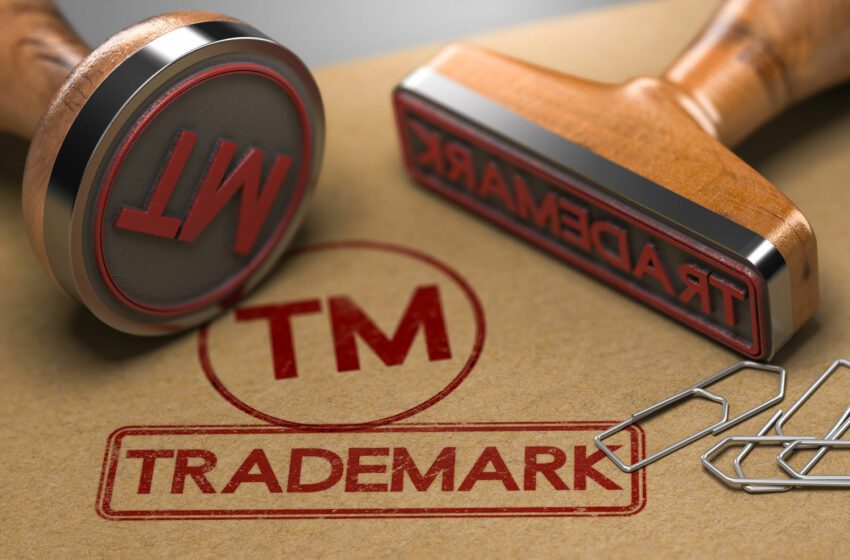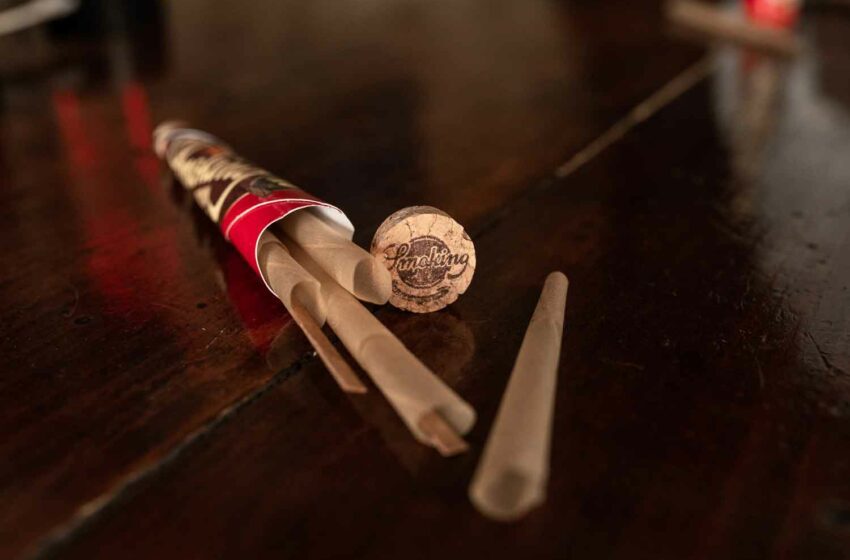The company says it enjoyed stronger tobacco and NGP net revenue growth than last year. Read More
Tags :Imperial Brands
Imperial Sued Over Zone Trademark
Imperial’s nicotine pouch infringes the 2ONE nicotine pouch brand, according to the plaintiffs. Read More
Half-year results were boosted by price hikes and demand for cigarette alternatives. Read More
The company says it is improving its NGP margins and reducing NGP operating losses. Read More
Three years into its five-year strategy, Imperial Brands reports progress on multiple fronts.Read More
She has more than 30 years of experience in marketing, strategy and digital growth. Read More
The company is responding to the U.K. consultation on new tobacco measures.Read More
Driven by cost considerations and growing environmental awareness, do-it-yourself cigarette papers continue to gain popularity. Read More
Investments in capabilities are paying off, according to CEO Stefan Bomhard. Read More
The company says it will announce its full-year results on Nov. 14.Read More







